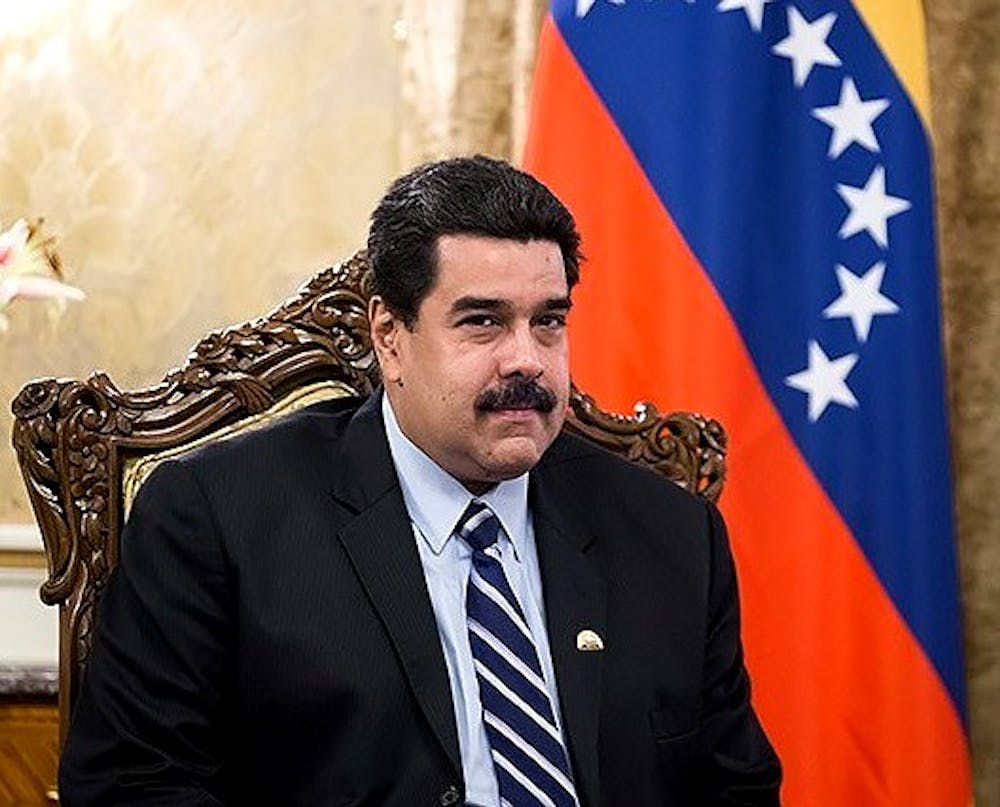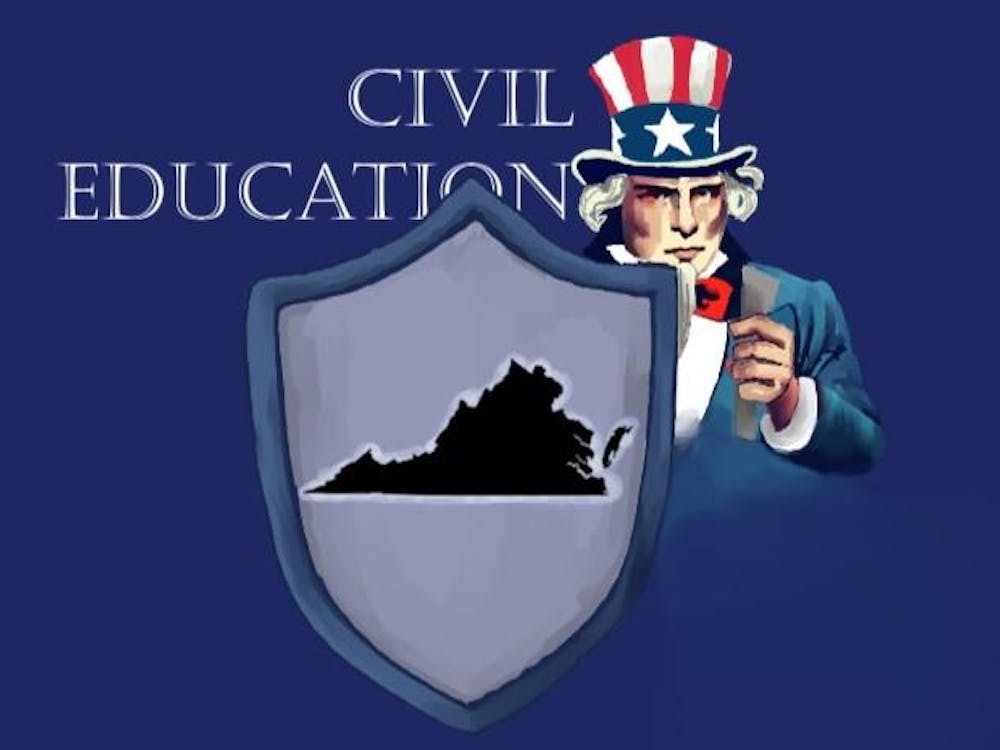U.Va. Students United — a left-wing activist group at the University — recently released a statement criticizing a display set up by the student organization “Towards a Better Latin America” to increase awareness surrounding the current Venezuelan migrant crisis. In their statement, U.Va. Students United sought to defend former president of Venezuela Hugo Chávez and current president Nicolás Maduro and endorse their governing record. The group claims that both “were democratically elected by the Venezuelan people,” and that “imperialist” nations like the United States hold responsibility for the current economic and humanitarian crises facing Venezuela. However, their defense of Chávez and Maduro represents either a loose interpretation of the facts at best or blatant dishonesty at worst. In their crusade to advocate for socialist economic policies and structures, the group is ignoring inconvenient facts about the Chávez and Maduro regimes — and the destruction they have wrecked on Venezuela. The entire University community should condemn their defense of authoritarian despots who disregard human rights and continue to oppress the Venezuelan people.
U.Va. Students United believes that Chávez’s and Maduro’s socialist regimes represent the will of the Venezuelan people and have their support. However, the international community has consistently accused both administrations of suppressing the democratic process. According to NPR, the United States and many independent observers allege fraud in the recent election that Maduro “won,” allowing him to maintain his role as president for a second term. The BBC also reports that, according to the opposition, four out of the five members of the National Electoral Council are “government stooges,” with the only member of the Council critical of Maduro’s regime not recognizing the election results because the “‘Venezuelans’ freedom to vote” had not been respected. In response to doubts concerning the credibility of the 2018 presidential race, the opposition called for citizens to boycott the election. As a result, voter turnout was just 32.3 percent, compared to the 80 percent turnout in 2015. Independent analysis of the Chávez presidency also indicates election fraud starting in 2004 and persisting throughout his tenure.
The Maduro government also drew criticism for its establishment of an all-powerful Constituent Assembly composed entirely of government supporters. The administration held fraudulent elections to usher supporters into power, and its decision to circumvent constitutional norms and checks to the executive branch’s power further demonstrates Maduro’s authoritarian tendencies.
In addition, Maduro’s administration has given the international community further reason for concern with the implementation of identification card technology developed by Chinese telecom company ZTE — which the government uses to track the the economic, political and social behavior of Venezuelan citizens. Such measures pose a threat to personal privacy and security, and allow Maduro’s government to exert pressure onto opposition voters and candidates.
Even an elementary understanding of Venezuela's political climate should include the acknowledgement that Chávez and Maduro have abandoned democratic and constitutional principles. U.Va. Students United’s failure to condemn these abuses diminishes their legitimacy as a group to advocate against oppression. The message the group is currently sending is that it is willing to overlook human rights abuses in the name of promoting socialism.
Their statement contends that “To be socialist is to directly oppose the corrupt, capitalist nation which is the United States of America. Chavez and Maduro knew this and have always fought for the betterment of the people of Venezuela and other exploited people worldwide.” However, their assertion ignores the reality of the political climate in Venezuela compared to that in the United States. Transparency International ranks Venezuela among the most corrupt countries in the world and the United States among the least, and to argue that Chavez and Maduro have advanced the condition of the Venezuelan people in any positive way is false. The state of the Venezuelan economy has caused a humanitarian crisis comparable to that of Syria.
Since 2014, 2.3 million Venezuelans have left the country. Inflation is expected to reach 1 million percent by the end of this year according to the International Monetary Fund, and necessities like food, medicine and electricity are in short supply. Pregnant mothers often have to travel to Colombia to give birth and obtain vaccines for their children. While Chávez and Maduro ran on platforms advocating for poor Venezuelans, the economic reality in the country has further worsened the living conditions of disadvantaged communities.
While U.Va. Students United has had some previous misguided attempts at activism, alleviating the persisting barriers to equality for marginalized groups historically has been a bedrock principle of their organization. While I disagree with several of their positions on policy and their approach to activism, I respect their right to express themselves. However, their statement concerning the crisis in Venezuela is indefensible. Their abandonment of any facts and context for their argument delegitimizes their claims, and their endorsement of exploitative regimes reveals either a fundamental misunderstanding of the challenges facing Venezuela or a deliberate attempt to advance a false narrative. The University community — including members sympathetic with their cause — must condemn this statement and work towards bringing greater clarity to this challenge and our role in addressing it.
Thomas Ferguson is an Opinion Columnist for The Cavalier Daily. He can be reached at t.ferguson@cavalierdaily.com.







